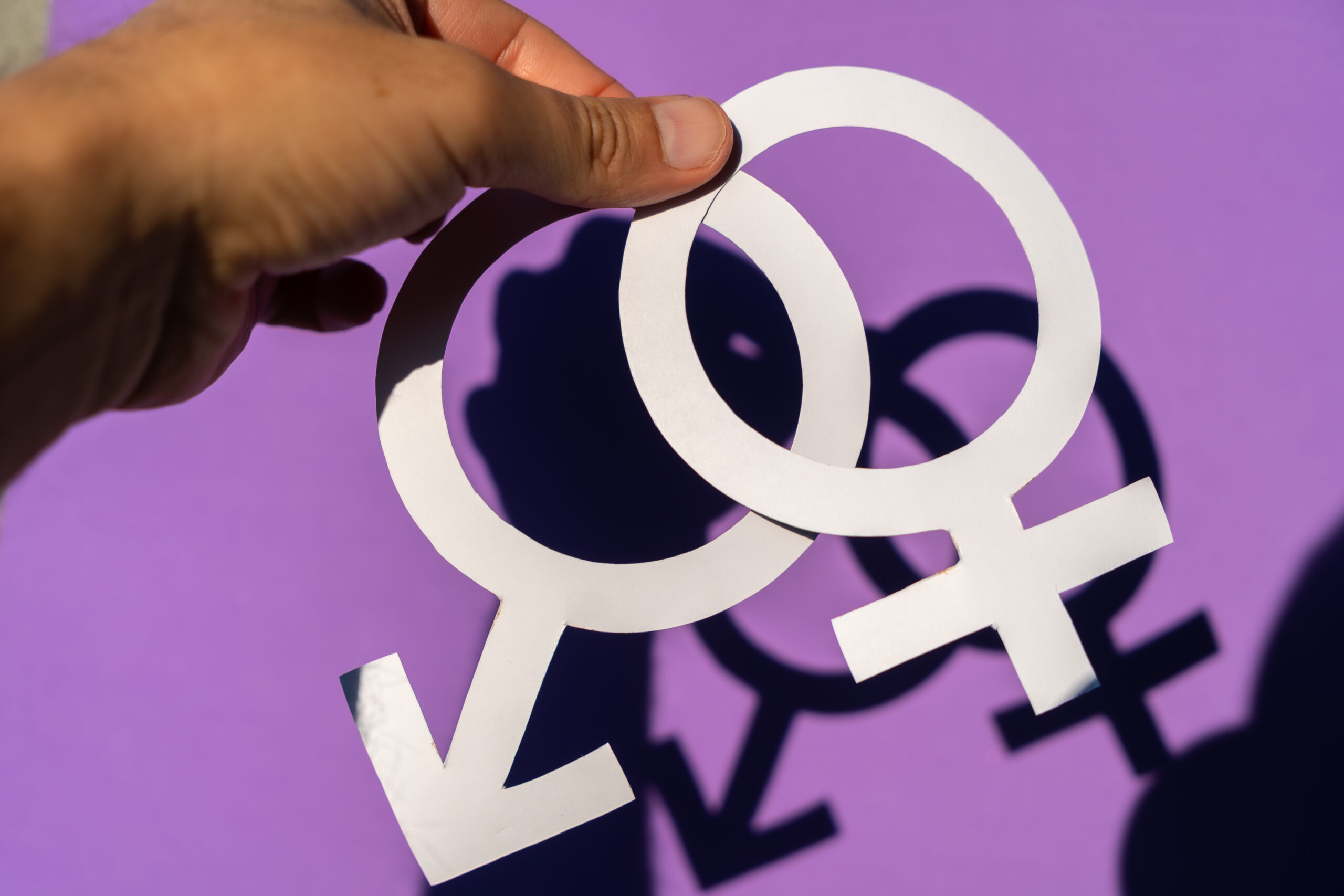Mental health issues affect individuals across all demographics, but studies have shown that there are notable differences between men and women when it comes to the prevalence, type, and expression of mental health struggles. At PMHC in Philadelphia, we understand that mental health conditions don’t discriminate, but it’s important to recognize how these conditions manifest differently based on gender. So, who struggles more with mental health issues—men or women?
Prevalence of Mental Health Issues in Women
Research consistently shows that women are more likely to experience mental health issues, particularly mood disorders such as depression and anxiety. According to the World Health Organization (WHO), women are nearly twice as likely as men to be diagnosed with depression, and they are also more likely to suffer from anxiety disorders. This could be due to a variety of factors, including hormonal differences, life experiences, and societal expectations.
Hormonal changes, particularly those related to the menstrual cycle, pregnancy, and menopause, can contribute to mood disorders in women. Postpartum depression is a well-known example of a mental health condition that disproportionately affects women, and perimenopausal women may also face increased rates of depression and anxiety.
In addition to biological factors, societal pressures such as balancing work and family life, caregiving responsibilities, and the expectations placed on women to “have it all” can contribute to higher stress levels. These external pressures, combined with internal struggles, can lead to greater vulnerability to mental health conditions in women.
Prevalence of Mental Health Issues in Men
While women may be more likely to be diagnosed with certain mental health conditions, men are not immune to mental health struggles. In fact, men are less likely to seek help for their mental health, which can lead to more severe outcomes. The American Psychological Association (APA) reports that men are less likely to report feelings of depression and anxiety, and instead may express their distress through anger, irritability, or substance abuse.
One of the most concerning statistics regarding men’s mental health is the higher suicide rate among men. Despite being less likely to be diagnosed with depression, men are more likely to die by suicide. This disparity may be partly due to societal norms that discourage men from seeking help, as they are often expected to “tough it out” and avoid discussing their emotions. As a result, many men suffer in silence, which can exacerbate their mental health struggles.
How Gender Affects the Expression of Mental Health
While women may experience mental health conditions like anxiety and depression more frequently, men are more likely to express their mental health struggles through externalizing behaviors such as substance abuse or risk-taking. Men are also more likely to underreport their emotional struggles due to societal norms that encourage stoicism and discourage vulnerability.
Conversely, women are generally more open to seeking help and discussing their mental health challenges. This may explain the higher diagnosis rates for certain conditions among women, as they are more likely to reach out for treatment, while men may remain undiagnosed or untreated.
So, Does One Gender Struggle More?
Ultimately, it’s not about which gender struggles more with mental health issues, but rather how those struggles manifest and are addressed. Women may experience higher rates of mood disorders, while men may be more likely to engage in substance abuse or face suicidal thoughts. Both genders face unique challenges in managing their mental health, and it’s essential to create an environment where everyone feels comfortable seeking help.
At PMHC in Philadelphia, we offer tailored mental health services to meet the unique needs of both men and women. We believe that addressing mental health should not be limited by gender norms, and we are here to provide compassionate, personalized care for everyone.
If you or someone you love is struggling with mental health, contact PMHC today for support.

